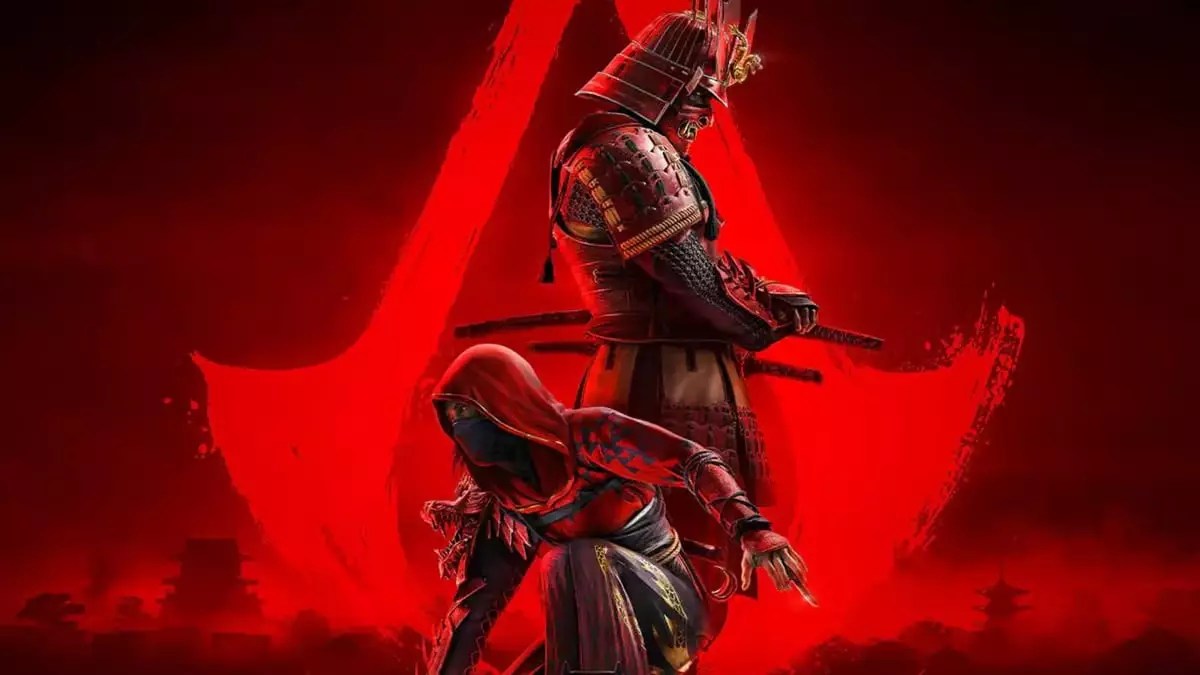Ubisoft’s recent hints about bringing Assassin’s Creed Shadows to the Nintendo Switch 2 signal a strategic shift that could reshape how we perceive console-compatible AAA titles. Historically, the Assassin’s Creed franchise has been predominantly associated with high-end PlayStation, Xbox, and PC environments, thriving in the realm of powerful hardware. The prospect of this immersive, mature game launching on a handheld hybrid console signifies far more than mere porting; it reflects Ubisoft’s confidence in the Switch 2’s capabilities and a broader industry trend that acknowledges the hybrid console’s potential as a serious gaming platform.
What makes Shadows particularly intriguing is its mature content — graphic violence, brutal executions, and depictions of sensitive historical issues — which traditionally might have been considered incompatible with lighter portable gaming. Yet here, it appears Ubisoft is challenging that norm by aiming to deliver a visceral, adult-themed experience to a device historically known for family-friendly titles. This not only broadens the Switch 2’s appeal but also pushes developers to reconsider the kinds of mature, narrative-driven experiences feasible on portable hardware. Ubisoft’s move suggests a future where portability no longer limits storytelling depth, violence, or complexity.
Strategic Implications for Ubisoft and the Industry
Ubisoft’s decision to support the Switch 2 with titles like Assassin’s Creed Shadows defines a pivotal moment in the consolidation of gaming ecosystems. Historically, consoles like PlayStation and Xbox have dominated the high-end, graphics-intensive AAA landscape, with Nintendo targeting a different demographic. Now, with Ubisoft teasing Shadows for Switch 2, there is an intentional effort to blur the lines, elevating the hybrid console’s status to a legitimate platform for complex, mature narratives.
This creates a ripple effect across the industry, encouraging other large publishers to consider deploying AAA titles on Nintendo’s latest device. It also underscores a strategic shift away from platform exclusives, towards more inclusive, multi-platform launches that maximize market reach. Moreover, the indication that Ubisoft is planning to launch additional titles “beyond the announced releases,” including Shadows, hints at a broader commitment to the Switch 2’s success as a serious gaming device—not merely a secondary or casual gaming platform.
Such moves will undoubtedly impact how developers approach game design. With the Switch 2’s hardware potentially capable of handling more graphically intensive and narratively complex games, we may witness a renaissance of portable AAA gaming that’s ambitious in scope and mature in content. This aligns with a broader industry recognition that gamers demand flexibility and depth of experience, regardless of device.
The Impact on Player Expectations and Market Dynamics
Bringing a game like Assassin’s Creed Shadows to Nintendo Switch 2 sets new expectations among players. Fans of the franchise and mature games will see this as a validation of their desire for high-quality, gritty storytelling on portable devices. It breaks the conventional notion that portable gaming only caters to lighter titles or family-friendly fare. On the contrary, it positions Switch 2 as a versatile platform capable of delivering the kind of intense, narrative-rich experiences that once were confined to traditional home consoles.
This move could catalyze a shift in how consumers perceive Nintendo’s new hardware — not merely as a portable alternative but as a legitimate home-for-portable AAA gaming. It also forces other publishers to reassess their content strategies, weighing the benefits of portable releases against concurrent console launches. The anticipation surrounding Assassin’s Creed Shadows accentuates the importance of mature, complex titles in expanding the market reach for Nintendo’s latest device.
However, this also raises questions about content regulation and audience targeting. The PEGI rating for Shadows, emphasizing its adult content, underscores the need for clear communication regarding game suitability. As Nintendo’s audience broadens with the Switch 2’s capabilities, Ubisoft’s inclusion of mature titles may challenge assumptions about what’s appropriate on a hybrid console, prompting developers and publishers to navigate a delicate balance between mature content and accessible gaming environments.
Final Thoughts: Embracing a New Era of Hybrid Gaming
Ubisoft’s tentative but promising indications of Assassin’s Creed Shadows on Switch 2 mark a critical juncture. It signals a future where the boundaries between portable and traditional gaming continue to blur, driven by technological advancements and shifting consumer expectations. The inclusion of mature, high-caliber titles on a hybrid device suggests a bold vision—one that sees gaming as increasingly adaptable, inclusive, and rich in narrative complexity regardless of hardware constraints.
This transformation challenges long-standing industry paradigms, positioning Nintendo’s latest console as a serious contender for AAA, adult-oriented gaming experiences. As Ubisoft and other developers explore this uncharted territory, we may well witness a renaissance of portable gaming that rivals the immersive power traditionally associated with home consoles. In this new landscape, Assassin’s Creed Shadows could become more than just a game—it might be the harbinger of an evolution in gaming’s very fabric.


Leave a Reply